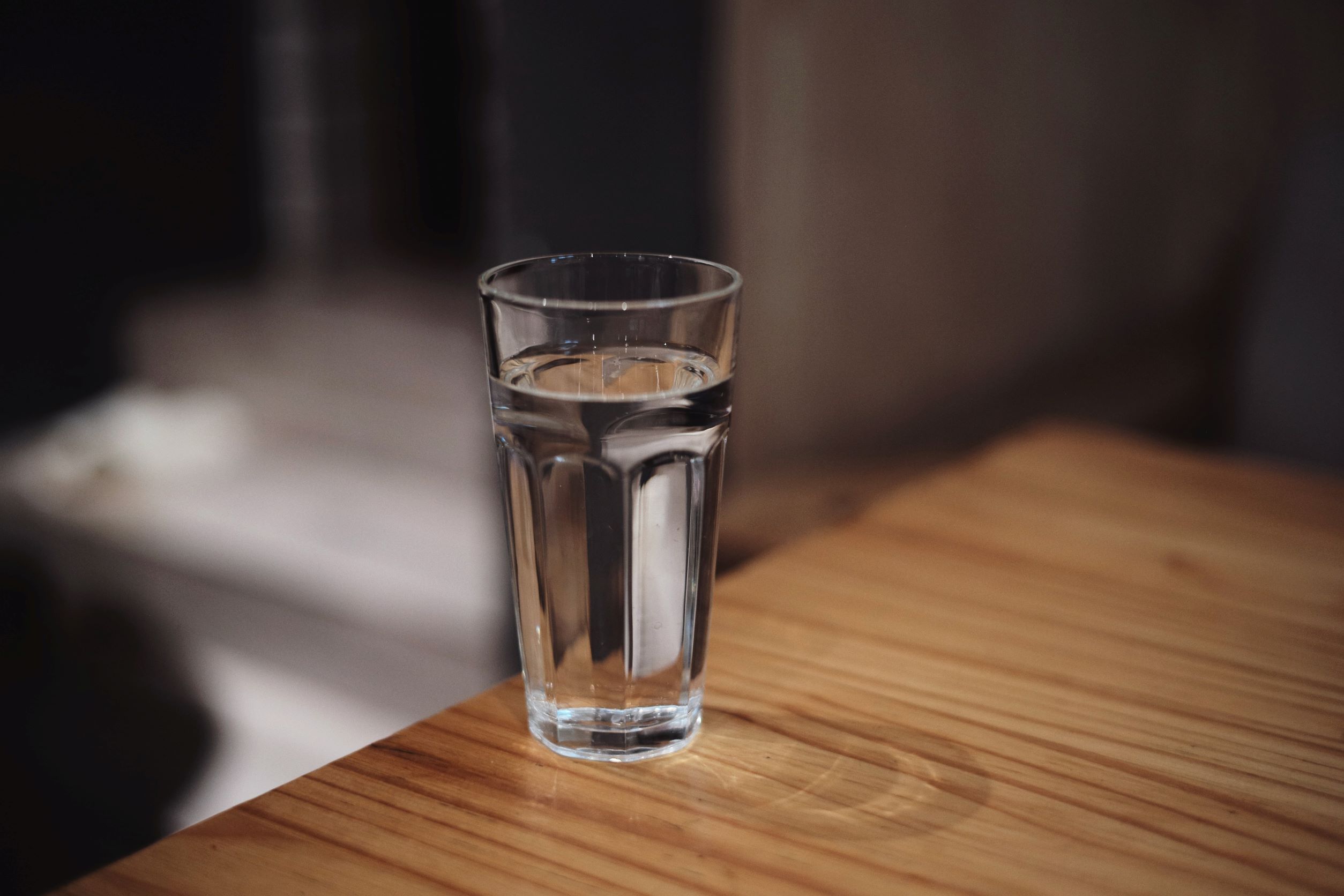The Government of Canada acknowledges the past harms caused to First Nations by a lack of safe drinking water and is firmly committed to supporting these communities by addressing systemic barriers and developing sustainable solutions that can enable access to safe and clean water for generations to come.
Chief Wayne Moonias of Neskantaga First Nation, Chief Doreen Spence of Tataskweyak Cree Nation and Chief Emily Whetung of Curve Lake First Nation, along with the Honourable Patty Hajdu, Minister of Indigenous Services, provided an update on the progress underway and announced that the claims period is open for the historic settlement agreement resolving national class action litigation related to safe drinking water in First Nations communities.
The settlement agreement recognizes that all First Nations deserve reliable access to safe drinking water, compensates those who were deprived of it and gives First Nations confidence that future generations will not have to worry about whether their water is safe to drink.
The settlement agreement includes the following:
- approximately $1.5 billion in compensation for individuals deprived of clean drinking water
- the creation of a $400 million First Nation Economic and Cultural Restoration Fund
- a renewed commitment to Canada’s Action Plan for the lifting of all long-term drinking water advisories
- the creation of a First Nations Advisory Committee on Safe Drinking Water
- support for First Nations to develop their own safe drinking water by-laws and initiatives
- a commitment of at least $6 billion to support reliable access to safe drinking water on reserves
- the modernization of Canada’s First Nations drinking water legislation.
The implementation of the terms of this historic agreement is underway. The claims period is now open and eligible First Nations and their members may apply for compensation. Additional details on how to apply are available on the First Nations Drinking Water Settlement website.
Canada continues to work with partners to repeal and replace Canada’s First Nations drinking water legislation. As part of the settlement agreement, the Government of Canada is committed to making all reasonable efforts to repeal the Safe Drinking Water for First Nations Act, and to develop and introduce replacement legislation, in consultation with First Nations, by December 31, 2022. The repeal of the Act is included as part of Budget 2022 measures and we hope that Parliament will review this legislation expeditiously.
The Government of Canada will continue to work with Neskantaga First Nation, Tataskweyak Cree Nation and Curve Lake First Nation to address and fulfill all aspects of the settlement agreement.
We continue to make progress in many important areas that First Nations and their members have told us are essential to supporting their communities. We remain focused on capacity-building and have increased operations and maintenance funding to 100%—up from 80%. This means First Nations are able to improve water operator salaries and better retain qualified operators in their communities, train new operators to build water maintenance capacity, improve or maintain asset condition ratings, and ensure longer lifecycles for water assets.
Furthermore, the government’s commitment to ending all long-term drinking water advisories on reserves remains a top priority. As of April 28, 2022, First Nations—with support from Indigenous Services Canada—have lifted 132 long-term drinking water advisories since November 2015. In addition, 215 short-term drinking water advisories have been prevented from becoming long term. Work continues to address the 33 long-term drinking water advisories that remain, affecting 28 communities on public systems on reserves.
Addressing critical infrastructure gaps through long-term investments and planning are integral to supporting healthy First Nations families and communities. The Government of Canada will continue to work in partnership with First Nations on the path of truth and reconciliation.
“After many years of not having access to the basic necessity of clean drinking water, the day has finally arrived where Canada has made legal commitments to bring clean water home to First Nations across the country.
We have courageously fought for our right to clean water for generations. This is a historical moment that we should all be proud of. We welcome Canada’s partnership through this national settlement agreement, which shows that a new era is possible in this country—one where all residents on reserves can enjoy safe and reliable access to clean water.
I encourage all eligible individuals to complete their claims for compensation, and all First Nations to accept this settlement agreement.” – Chief Doreen Spence, Tataskweyak Cree Nation
“I sat with my grandfather by Chemong Lake and he shared with me his childhood memories of water so clean he could drink it straight from the source. In his lifetime, we have reached an unfortunate point where many First Nations have no access to even the basic necessities of life, like drinkable water or clean water to bathe. With this settlement agreement, we are moving toward clean drinking water in many First Nations. We must recognize this is just the first drop in the bucket, but it gives me hope that in my lifetime we can achieve the goal of clean water for all.” – Chief Emily Whetung, Curve Lake First Nation
“This settlement agreement is a significant milestone for First Nations, who have fought for the same access to clean water that other communities across the country have. We will continue to work in partnership with First Nations to ensure long-term solutions are in place for access to clean, safe drinking water on reserves. By acknowledging past harms and making the necessary investments in infrastructure, operations and maintenance, we can do the important work of rebuilding trust so that no future generation will face the same harms ever again.” – The Honourable Patty Hajdu, Minister of Indigenous Services












